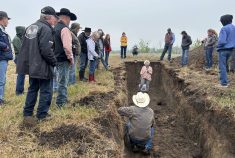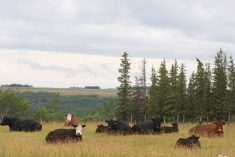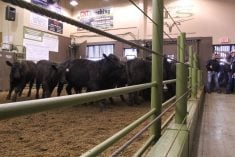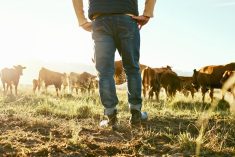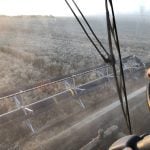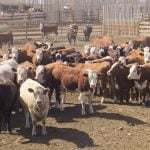Steve Kay included an interesting observation about the U.S. beef industry’s struggle to adopt electronic ID tags in his Prime Cuts column for our October issue. Those whose only answer to electronic ID is “no” and those who allow perfection to be the enemy of the good are creating a vacuum the government is happy to fill, according to Mark Eisele, president of the National Cattlemen’s Beef Association (NCBA).
Completely unrealistic expectations are the kind of hindrance none of us can afford, in our personal and professional lives or in wider industry or social efforts. Imagine how little you would get done on your farm or ranch if you were frozen by the belief that everything had to be perfect, or simply threw up your hands when things didn’t go the way you’d hoped?
This is not an argument for mediocrity, but an acknowledgement that life is messy. It’s an argument to prioritize and knock those priorities off the list. It’s about setting ambitious goals, trying to hit them, building towards excellence, and learning from that experience.
Read Also
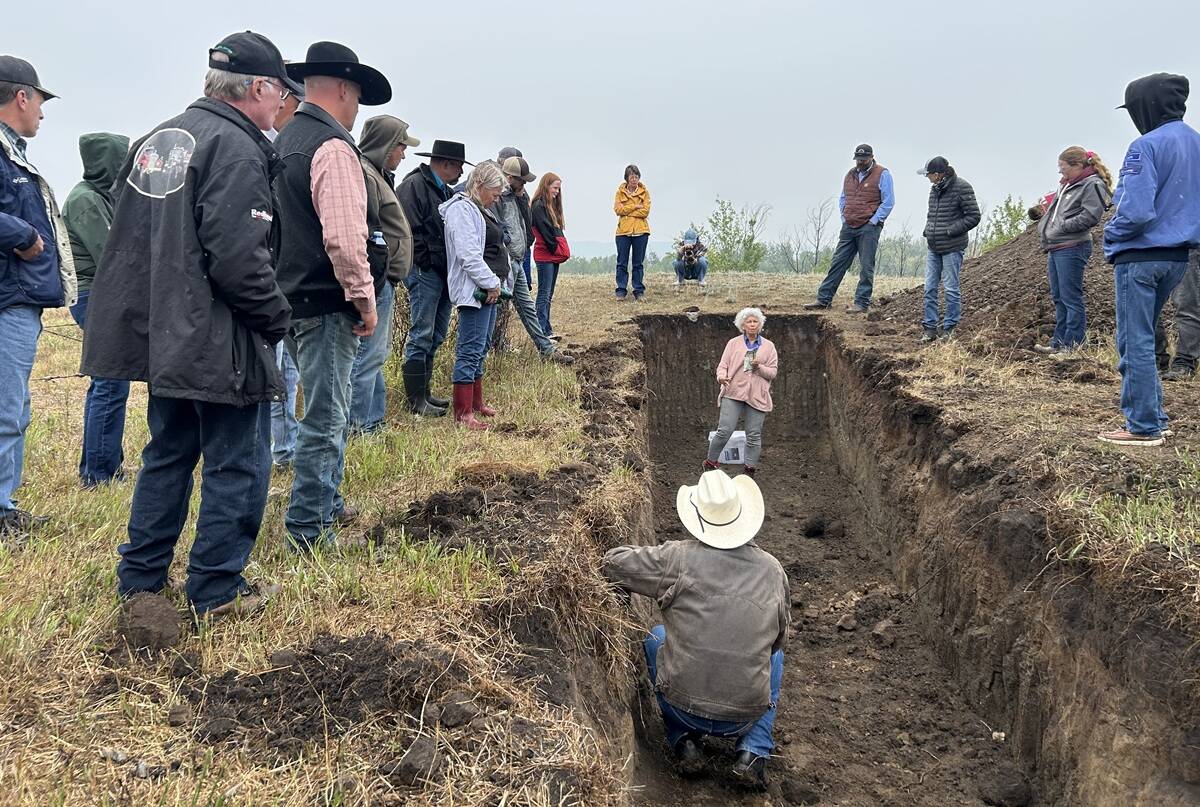
Improving soil health on the ranch
Yamily Zavala, PhD, talks soil health for farmers and ranchers at a grazing club field day at Paradise Hill, Saskatchewan.
It’s also about finding opportunities in imperfect circumstances. As livestock producers, you all know there’s often a feed opportunity in a less-than-perfect crop year. Examples include the second growth of canola we’ve seen some falls, or a crop hit by drought, but still suitable for livestock feed.
Producers need to not only find those opportunities, but have an idea of what they’re worth and how to leverage them. This year, feed barley is likely to be tight in Western Canada, Jerry Klassen writes in his Market Talk column. Much of the feed barley out there is lightweight, so if you’re buying large volumes of barley, be prepared by working out discounts beforehand. If you’re trying to get a handle on the feed value of lightweight barley, start by reading Dr. Gabriel Riberio’s Nutrition column. And if you’re thinking about feeding corn versus barley, check out Reynold Bergen’s Research on the Record column.
Those are just a few examples. I think most features and columns in our October issue include instances of people pushing forward, whether it’s dealing with drought, BSE or grizzly bears, or navigating farm transitions. There is no such thing as perfection in these circumstances. It’s about making the best decisions possible. Sometimes it’s a relatively simple decision, such as always carrying a can of bear spray on you while in grizzly country. Sometimes it’s a bit harder, such as trying to have important conversations with family sooner rather than later when succession planning.
Kay’s column also referenced people whose only answer is “no.” Sometimes, I think, perfectionism is not just about having unachievable expectations, but an excuse to do nothing, or to tie up other people from doing anything. This is endlessly frustrating for people who want to move things along.
There are people in the beef industry who have learned way more about getting around these road- blocks than I have, especially in the last 20-plus years, but I do have a few basic observations. First, you need to have a strong, clear reason for undertaking any mission that requires a lot of effort. Whether it’s transitioning the farm, or advocating for industry-wide change, there needs to be a strong motivation, especially if you’re going to need to convince other people to get on board.
Secondly, you need to foster a relentless optimism. You must retain hope of making headway, even if it takes a long time, and a ton of work. I’m not suggesting people be so optimistic that they deny reality. But we need to protect hope from cynicism, and nurture that hope when we encounter the inevitable roadblocks.
Finally, you need to be committed to working with a team of people who believe in the same mission. As Ontario producer Stan Eby has frequently been quoted as saying, “Working together works.” None of us are good at everything. Nor do we have infinite time and resources. If you get people together with different perspectives and experiences, you’re more likely to hit on better strategies.
I often think the third criteria is the trickiest. I’ve been involved with groups that seemed to have the first two criteria covered, but for one reason or another, we just couldn’t get everyone pulling in the same direction. But I’ve also been on teams (and still am) where everyone knew their roles. There was dis- agreement or discussion at times on how to do things, but everyone was committed to the big goals, whether it was organizing an event, publishing a book, or even getting you this magazine 12 times a year. There are few things more satisfying than working with people who know how to pin their ears back and complete the play.
There is no room for the rigidity of perfectionism in this process. Because it is unrealistic, it kills optimism. It halts momentum and demoralizes people, impeding progress. Ultimately, it robs us of happiness and satisfaction as it means focusing on a future state that will never exist.
One last thing — I’d like to mention Eric Bienvenue and the Canada Beef team now have a column in Canadian Cattlemen magazine. Be sure to check out Keeping Up with Canada Beef to find out what they’re doing to promote Canadian beef at home and abroad.



